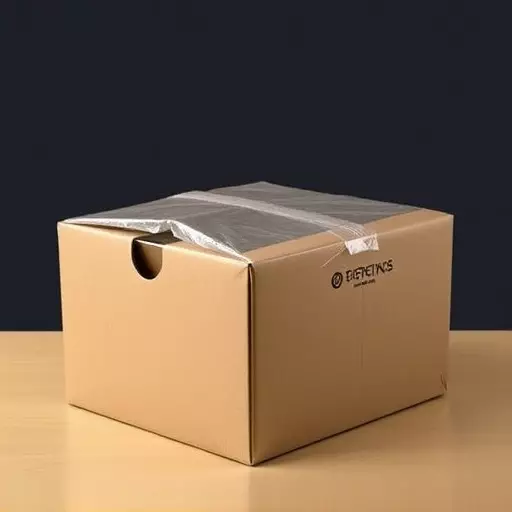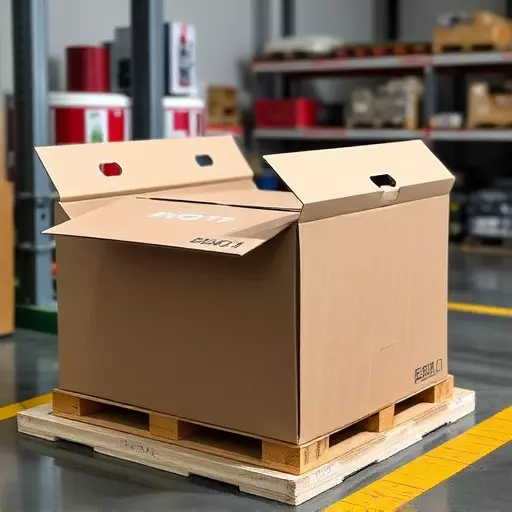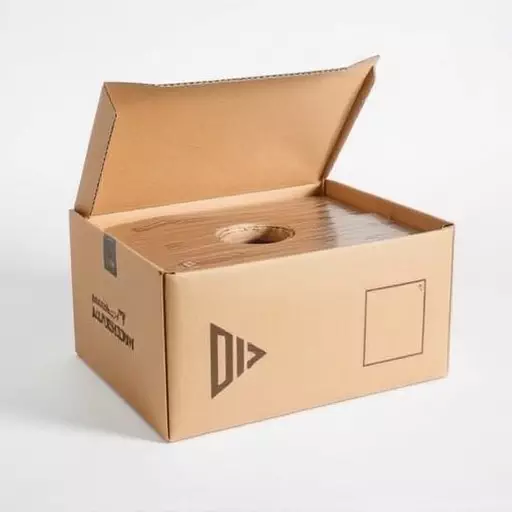The automotive industry requires stringent safety standards for hazardous material transport, with regulatory bodies dictating specific packaging guidelines. Holland, Ohio, businesses specialize in custom and reusable automotive packaging solutions, enhancing safety, streamlining logistics, and promoting sustainability. These innovations cater to diverse component needs while reducing environmental impact, aligning with the growing demand for eco-conscious practices within the industry. Reusable wooden crates, in particular, offer a safe, sustainable alternative to traditional packaging methods, contributing to both efficient supply chains and a circular economy.
In the dynamic automotive industry, proper hazardous materials (HM) classification and packaging are paramount. This article explores the evolving landscape of automotive industry packaging Holland, Ohio, focusing on reusable wooden crates as a game-changer. We delve into the benefits of customizable, eco-friendly wood crate solutions tailored to unique safety standards, enhancing sustainability without compromising quality. Discover how these innovative designs revolutionize transport, ensuring the secure movement of critical components while aligning with green practices.
- Understanding Hazardous Material Classification and Packaging Requirements in the Automotive Industry
- Benefits of Reusable Wood Crates for Automotive Parts and Components Transport
- Customization: Creating Tailored Automotive Packaging Solutions to Meet Unique Safety Standards
- The Role of Holland, Ohio-Based Companies in Providing Innovative Wooden Crate Designs
- Sustainability Considerations: Eco-Friendly Practices in the Production and Use of Wood Crates for Hazardous Materials
Understanding Hazardous Material Classification and Packaging Requirements in the Automotive Industry
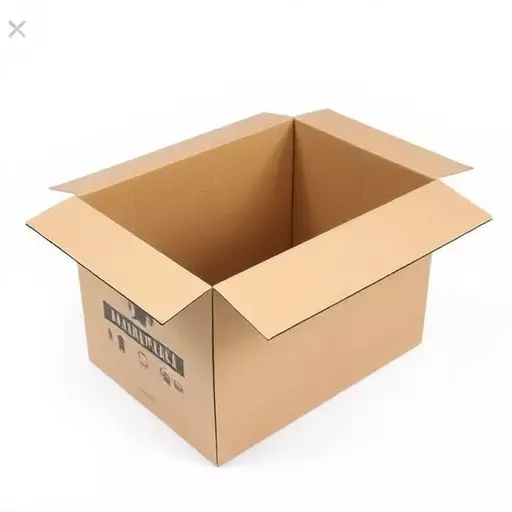
In the automotive industry, proper classification and packaging of hazardous materials are paramount to ensure safety during transportation and storage. The U.S. Department of Transportation (DOT) and other international regulatory bodies have established strict guidelines for identifying and handling potentially dangerous substances. This includes categorizing materials based on their inherent properties, such as reactivity, flammability, or toxicity, and adhering to specific packaging requirements designed to minimize risks. For instance, reusable automotive packaging solutions in Holland, Ohio, often employ specialized wooden crates treated to withstand harsh conditions, ensuring the secure transport of hazardous components like batteries, fluids, and chemical additives.
Custom automotive packaging plays a crucial role in meeting these regulations while optimizing logistics. By understanding the unique characteristics of various materials and designing tailored containers, manufacturers can enhance safety, reduce environmental impact through reusable options, and streamline distribution processes. This not only benefits the industry but also aligns with growing consumer expectations for sustainable and responsible practices in the automotive sector, emphasizing the importance of leveraging custom automotive packaging solutions to address both operational needs and sustainability goals.
Benefits of Reusable Wood Crates for Automotive Parts and Components Transport
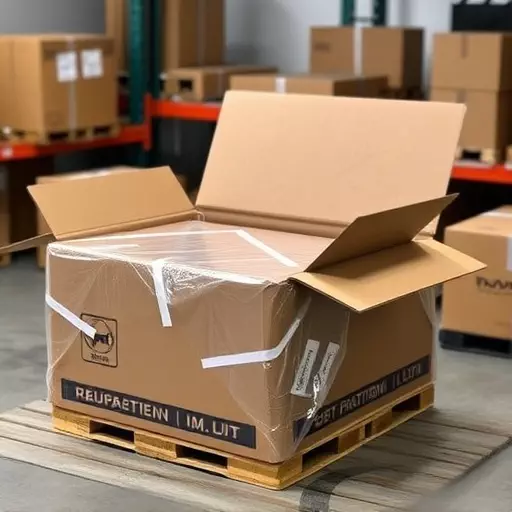
In the automotive industry, efficient and secure packaging is paramount, especially when transporting parts and components. Reusable wood crates offer a sustainable and cost-effective solution for many companies in Holland, Ohio, and beyond. These crates are designed to withstand the rigors of shipping, ensuring that sensitive auto parts arrive safely at their destination. By choosing reusable options over disposable ones, automotive businesses can significantly reduce their environmental impact while saving on packaging costs.
Custom automotive packaging solutions allow manufacturers to tailor the crate specifications to specific part requirements. This level of customization guarantees optimal protection for unique or unconventional components, enhancing overall efficiency in the supply chain. Reusable wood crates also promote a circular economy by reducing waste and enabling easy recycling or repurposing, making them an attractive choice for environmentally conscious companies in the automotive sector.
Customization: Creating Tailored Automotive Packaging Solutions to Meet Unique Safety Standards

In the automotive industry, where safety is paramount, customized packaging solutions play a pivotal role in protecting sensitive components during transportation. Companies like those based in Holland, Ohio, specialize in creating tailored automotive packaging to meet unique safety standards set by industry regulators. This customization involves designing reusable automotive packaging that not only secures parts but also complies with stringent guidelines, ensuring the integrity of vehicles throughout their lifecycle.
By offering custom automotive packaging solutions, these businesses cater to diverse needs, from specialized crating for fragile electrical systems to robust containers for heavy mechanical parts. The use of reusable materials further enhances sustainability, aligning with environmental concerns within the industry. This approach not only reduces waste but also offers cost-effective, efficient logistics by minimizing the need for constant replacement packaging.
The Role of Holland, Ohio-Based Companies in Providing Innovative Wooden Crate Designs

Holland, Ohio-based companies have emerged as key players in revolutionizing the way hazardous materials are packaged within the automotive industry. With a deep understanding of the unique challenges posed by these materials, these local businesses have pioneered innovative wooden crate designs that not only ensure safety but also promote sustainability. By offering custom automotive packaging solutions, they cater to the specific needs of manufacturers, providing robust and reusable options that minimize environmental impact.
These companies draw upon their expertise in wood craftsmanship and engineering to create specialized crates capable of withstanding rigorous transportation conditions while adhering to stringent safety regulations. Their commitment to quality and innovation has led to the development of advanced wooden crate designs that are not only cost-effective but also contribute to a more sustainable supply chain. This focus on eco-friendly packaging solutions aligns perfectly with the growing demand for reusable automotive packaging among businesses seeking to reduce their carbon footprint.
Sustainability Considerations: Eco-Friendly Practices in the Production and Use of Wood Crates for Hazardous Materials

In the realm of hazardous materials transport, sustainability considerations are paramount. The automotive industry, with its stringent safety and environmental standards, is increasingly demanding eco-friendly practices in packaging, particularly for custom automotive packaging solutions. Holland, Ohio-based manufacturers are at the forefront of this shift, utilizing wood crates as a viable alternative to traditional, non-reusable materials. These wooden crates not only meet the robust safety requirements for hazardous material transport but also contribute to a circular economy by being designed for repeated use and recycling.
The production and use of wood crates for hazardous materials offer several environmental benefits. Wood is a renewable resource that can be sustainably harvested, making it an attractive option over non-biodegradable materials. Moreover, wooden crates are highly reusable within the automotive industry, reducing waste and lowering the carbon footprint associated with packaging. Customization options allow manufacturers to design crates tailored to specific product needs, ensuring efficiency without unnecessary material use—a key factor in promoting sustainable practices in both local and global logistics, especially for businesses seeking reusable automotive packaging solutions.
